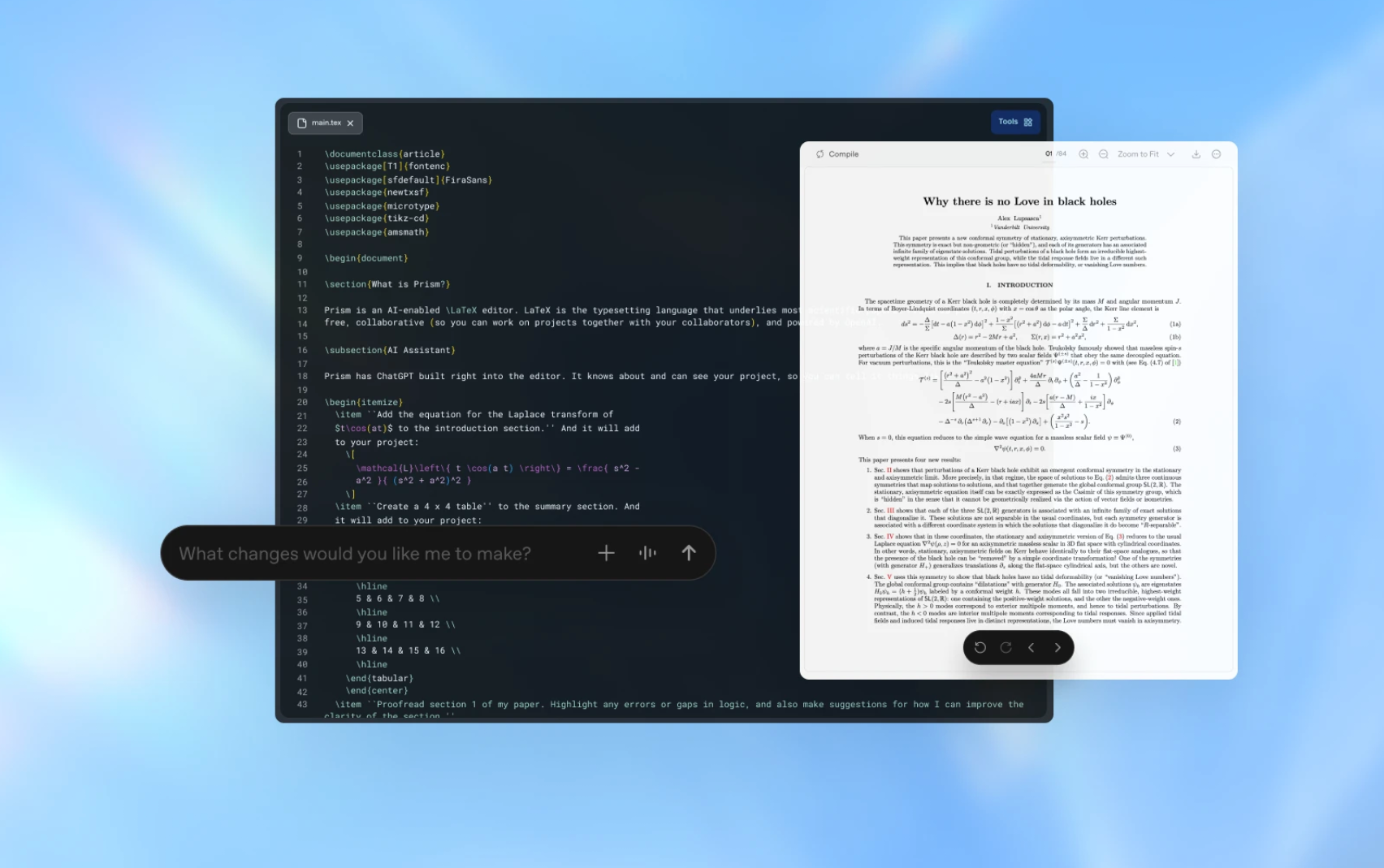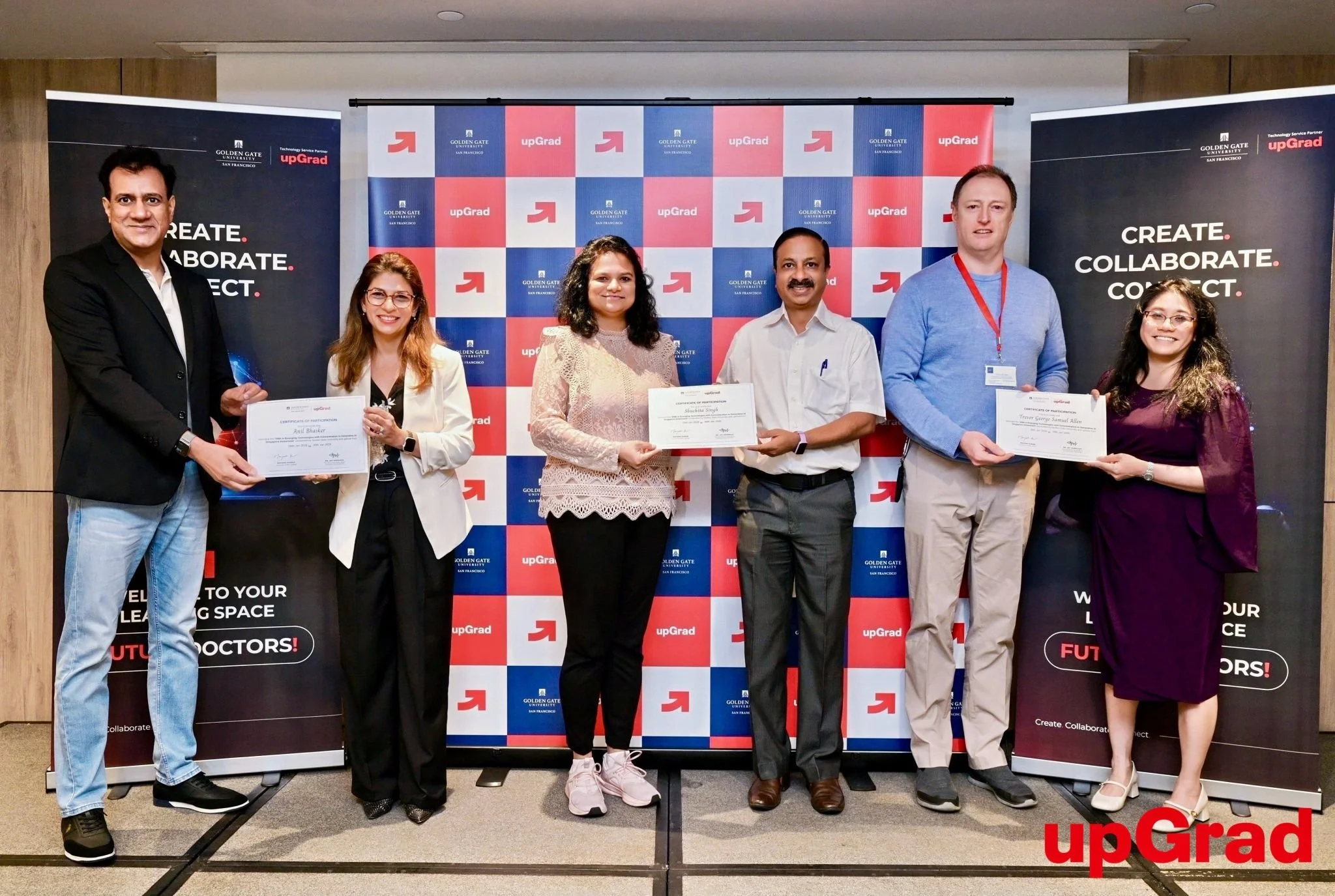Sounds-Write Symposium 2025 to explore global phonics interventions for struggling readers
The virtual event will examine structured literacy approaches and practical strategies for improving phonics instruction in diverse educational settings.
The Sounds-Write Symposium 2025 will take place online from June 24–27, bringing together educators, school leaders, interventionists, speech pathologists, and parents to examine the role of effective phonics instruction in improving literacy outcomes.
The theme of this year’s event is “Effective Interventions in Phonics Education,” with over 30 sessions focused on research-backed strategies for reading and spelling.
Hosted biennially by Sounds-Write, an evidence-based phonics program, the symposium emphasizes a structured, speech-to-print approach to early literacy. Sessions will cover its use across settings including schools, tutoring programs, and home education.
Sessions highlight research, practice, and real-world cases
Keynote speakers include Professor Julian Elliott of Durham University, who will address the diagnostic limitations of the dyslexia label, and Dr. Tim Mills of STEP Academy Trust, who will share findings from his doctoral research into the impact of phonics instruction on older students who do not present as struggling readers.
Other sessions include insights from Sonia Thompson, headteacher at St Matthew’s C.E. Primary Research and Support School, on reading comprehension and the role of phonics, and Mandy Nayton of DSF Literacy and Clinical Services on the distinctions between multi-tiered support systems and response-to-intervention models.
The program also includes real-world case studies from school and home settings, and all-access pass holders receive downloadable materials and a professional development certificate. Live sessions will be freely available with a 24-hour replay window.
Ongoing literacy gaps and missed opportunities in schools
Phonics is widely recognized as a foundational component of early reading instruction. It teaches students to decode words by linking sounds to letters, supporting reading fluency and spelling. In England, the Phonics Screening Check in Year 1 has improved early identification of decoding difficulties. However, concerns remain about follow-through in later primary years.
“The Phonics screening check, which has been key to enhancing literacy outcomes in England, has an unintended consequence: many schools stop prioritising or even discontinue phonics instruction after Year 1,” says John Walker, CEO of Sounds-Write. “This leaves students in Key Stage 2 without adequate support to tackle the greater complexities of the code once longer, more complex words are encountered in the wider curriculum, hindering their ability to become independent readers and spellers.”
“There’s nothing more important in education than learning to read and write, so it’s vital that all students get off to a good start. For those that fall behind, early intervention – and the earlier the better – is crucial,” says Walker.
“With many students entering secondary education with insufficient reading and spelling skills, the need for effective phonics instruction is critical. High-quality phonics teaching, paired with swift interventions, ensures students build foundational literacy skills during primary school, preparing them for the demands of the secondary curriculum,” he adds.
According to Ofsted, 175,000 children in England did not meet the expected reading standard in 2022. Internationally, Save the Children estimates that 393 million children lack basic literacy by age 10.
The symposium aims to equip attendees with strategies for structured interventions to close literacy gaps early. Participants will examine how systematic phonics instruction can be sustained beyond early years and tailored to meet individual needs in varied contexts.
“Effective phonics interventions ensure that all students have access to every corner of the curriculum,” says John Walker.





















